It is an infectious disease caused by the varicella-zoster virus (VZV). The name of the disease comes from the appearance of the rash, which resembles chickpeas.
You can get infected by another sick person. The disease is highly contagious. Droplets and air movement transmit the virus at a distance of up to several meters. The contents of the vesicles are also infectious.
Sick people infect those around them 1-2 days before the appearance of the characteristic rash, and they stop infecting only when all the blisters have dried, and the scabs fall off, which takes about a week. The incubation period – the time that elapses from the moment the virus enters the body to the appearance of the first symptoms of the disease, ranges from 10 to 21 days, on average 14 days (it can be extended to 28 days in people with a weak immune system).
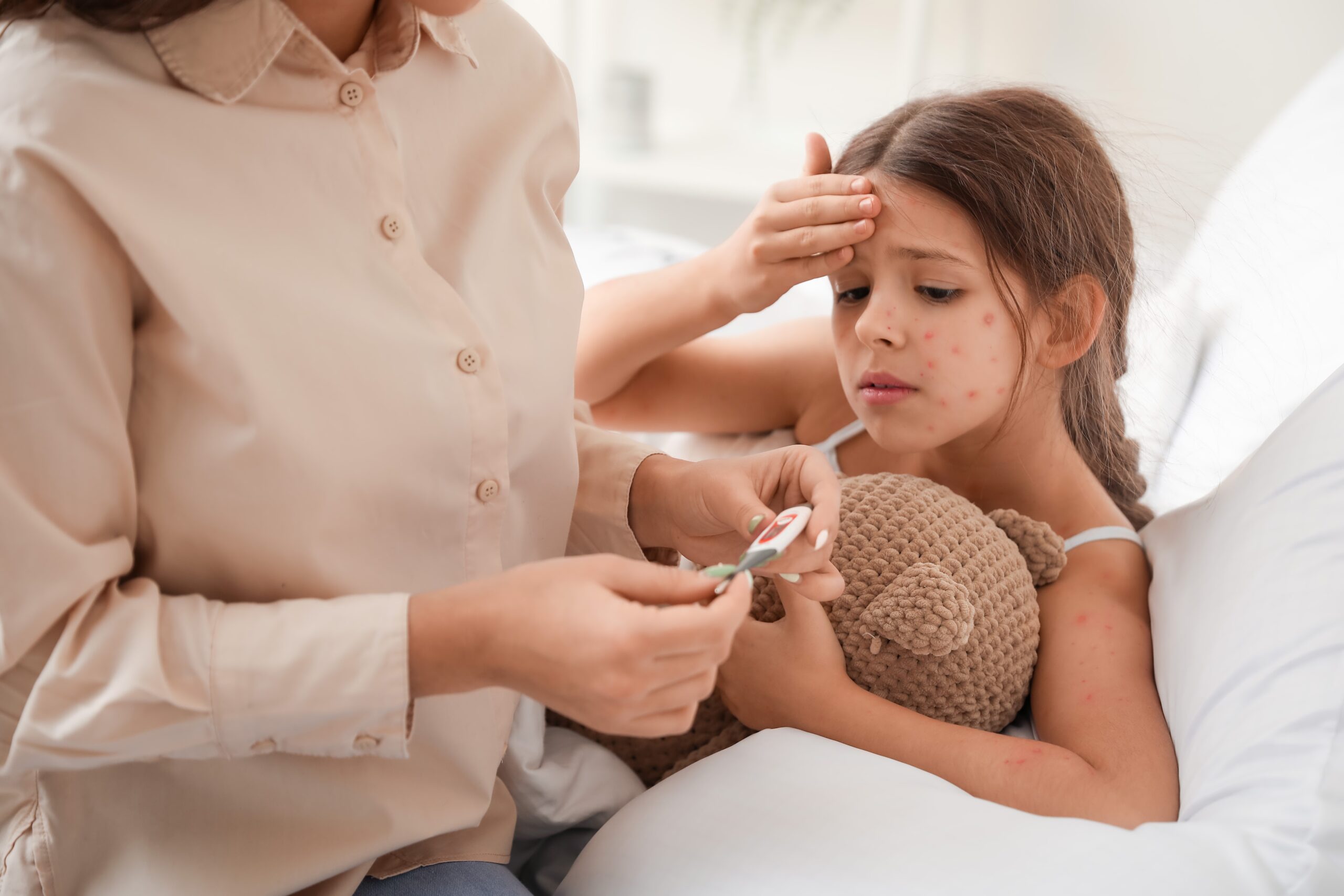
The disease mainly affects children and is usually mild. In adults, the severity of the illness is generally more intense, and the risk of having complications is higher.
The most common complication from this virus is a bacterial infection of the blisters that usually results in scarring. In rare cases, pneumonia, ear infection, or meningitis may be experienced, and it could be life-threatening for newborns and individuals with a weakened immune system. It is hazardous for a pregnant woman, as it can lead to fetus infection.
After getting chickenpox, permanent immunity develops. However, the virus remains latent in the ganglia (group of nerve cells) for the rest of life. Under the influence of various stimuli, usually weakening of the immune system, it can become active, causing shingles. This disease occurs mainly in older people and is characterized by significant pain in the affected areas (neuralgia) and a tendency to be prolonged. Skin eruptions appear locally along areas of innervation, most often on the chest or face, and usually affect one side of the body. It is dangerous if it involves the organs of vision or hearing.
Children have chickenpox mildly, but it must not be taken lightly. The course of the disease among adults is more severe. The condition almost always gives symptoms.
Initially, general symptoms of chickenpox are observed:
Two days after the onset of the fever, an itchy rash appears on the trunk, face, head, and limbs.
The development of skin rash follows a consistent pattern that begins with red, minor spots. These spots can then become itchy, filled blisters, and finally, scabs form, which do not leave scars after they fall off, but slight discoloration is possible, which disappears over time. The whole process usually takes around a week.
The lesions are accompanied by severe itching of the skin. Scratching can superinfect the lesion and cause scarring, so avoid it.
Babies born to mothers who become infected with the disease a short time before or after delivery are at great risk of acquiring a serious viral infection that can affect numerous organs and cause developmental disorders, low birth weight, neurological issues, eye problems, permanent skin scarring, and limb underdevelopment.
It is typically simple for doctors to identify chickenpox, due to the recognizable signs and spots on the skin, so there isn't a requirement for additional examinations.
However, in particular situations (people after transplants, people with weakened immunity, newborns), the doctor may order additional tests![]() , such as:
, such as:
The doctor will also need to know if you or your child have never had chickenpox or if you have been in contact with someone who has had chickenpox or shingles.
The doctor rules out other conditions and illnesses that could be mistaken for chickenpox based on their symptoms when making a diagnosis. Conditions that resemble chickenpox include:
Chickenpox is the most common infectious disease in children. An estimated 95% of US adults![]() have had this disease. About 4 million people get sick every year
have had this disease. About 4 million people get sick every year![]() . However, with the introduction of chickenpox vaccination in 1995, the number of children susceptible to infection, and therefore children getting the disease, is decreasing.
. However, with the introduction of chickenpox vaccination in 1995, the number of children susceptible to infection, and therefore children getting the disease, is decreasing.
Chickenpox mainly affects children, among whom the disease is usually mild. In adults, however, despite getting sick less often, the condition has a more severe course and often leaves many complications behind.
Other risk groups for a severe course of illness include:
If chickenpox is uncomplicated, only treatment aimed at relieving symptoms is recommended.
In fighting symptoms of chickenpox, you may find helpful:
Symptomatic treatment of chickenpox includes the administration of drugs:
Children suffering from chickenpox under 16 should not be given medicines containing acetylsalicylic acid (aspirin) due to the risk of complications in the form of liver damage (Reye's syndrome![]() ).
).
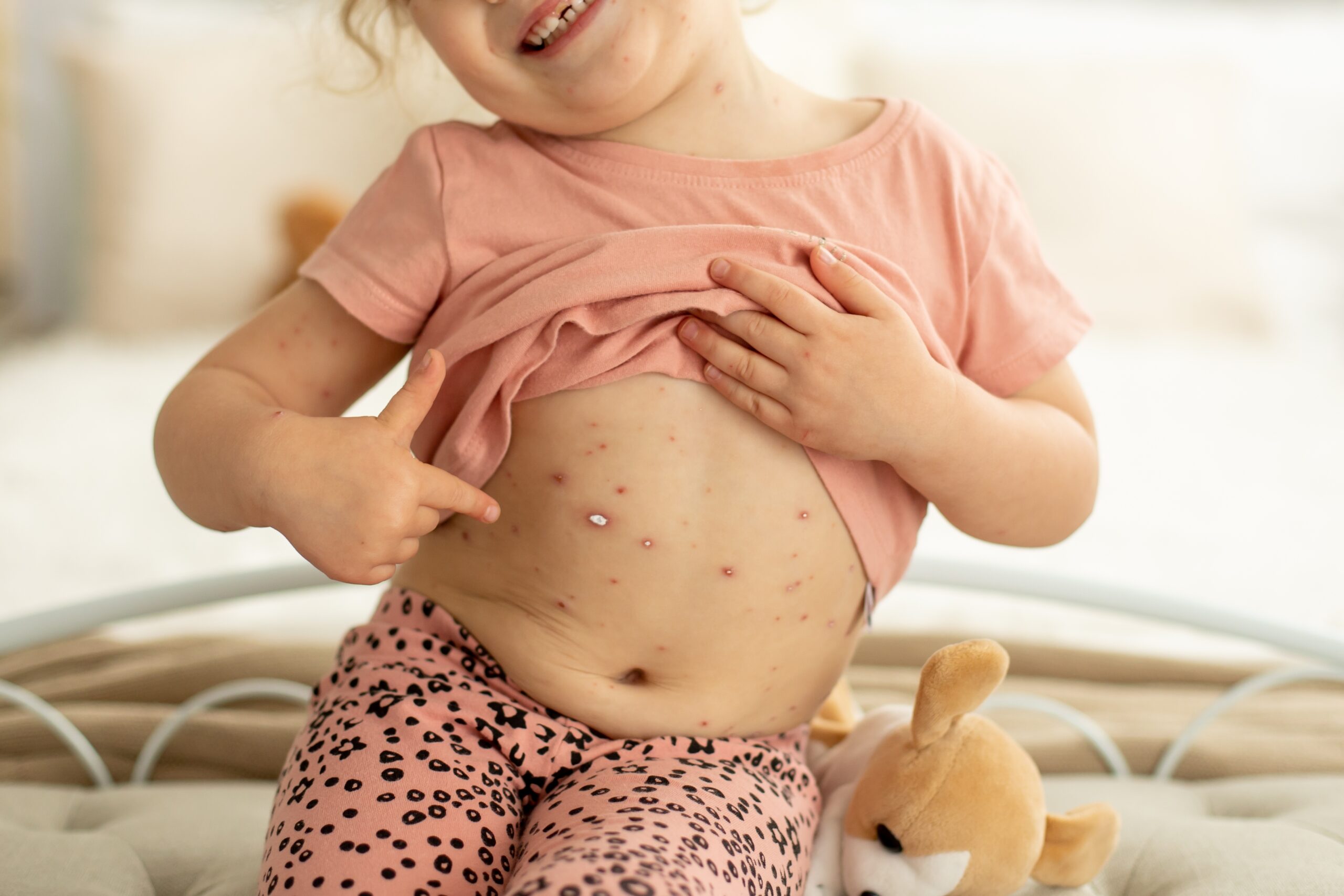
When the disease is severe, or there is a risk that it might be that way, it becomes necessary to use antiviral drugs that inhibit the multiplication of the varicella-zoster virus (VZV) and alleviate the symptoms and duration of the disease. However, in children, antivirals should be taken within 24 hours![]() after the rash starts, and it is not recommended if a child has a well-functioning immune system.
after the rash starts, and it is not recommended if a child has a well-functioning immune system.
The situation is different in adults, in whom the course of the disease is more severe and complications are more frequent. Antivirals should always be given to adults within 24-48 hours of the onset of the rash. Medications are usually administered orally.
In particular situations, immunoglobulin (concentrated antibodies) against the virus is prescribed. These situations include pregnant women who had contact with a sick person when they had not been vaccinated or had not had chickenpox. Another indication is newborns of mothers who developed the disease 48 hours before to 5 days after childbirth.
People with a well-working immune system heal the infection by itself, but the virus is not eliminated from the body. It stays in the sensory nerve ganglia, remaining as a latent infection. Reactivation is, therefore, possible usually after many years in the form of shingles.
There may be permanent harm concerning the heart or nerves in the case of complications. The most serious consequences are observed in congenital infection, which can lead to severe disability. In people with a weakened immune system (for example, due to HIV infection), the course of the disease can even be fatal.
Due to its very high contagiousness, chickenpox spreads quickly, especially in human communities such as nurseries, schools, and kindergartens. Strict isolation of people with the disease is recommended until all skin blisters have dried and the scabs fall off, which usually takes about a week.
Chickenpox prevention methods include the vaccine. This vaccine was introduced in 1995. It is a live vaccine and is highly effective. The CDC recommends![]() the chickenpox vaccine for children in two doses: between 12 and 15 months of age and 4 to 6 years of age.
the chickenpox vaccine for children in two doses: between 12 and 15 months of age and 4 to 6 years of age.
Unvaccinated adults who have not been infected should take two doses of the vaccine with a 28-day interval between them. Vaccination is especially recommended for the following groups:
Unfortunately, the vaccine is a so-called live and, therefore, contraindicated in pregnant women![]() . In such a situation, the best solution is to vaccinate people around you who have not yet suffered from chickenpox.
. In such a situation, the best solution is to vaccinate people around you who have not yet suffered from chickenpox.
Immunoglobulin (antibody)![]() against the virus is given to pregnant women who have not suffered from chickenpox and have been in contact with a sick person, newborns whose mothers have symptoms of the disease, patients with immune system disorders, and blood cancers.
against the virus is given to pregnant women who have not suffered from chickenpox and have been in contact with a sick person, newborns whose mothers have symptoms of the disease, patients with immune system disorders, and blood cancers.
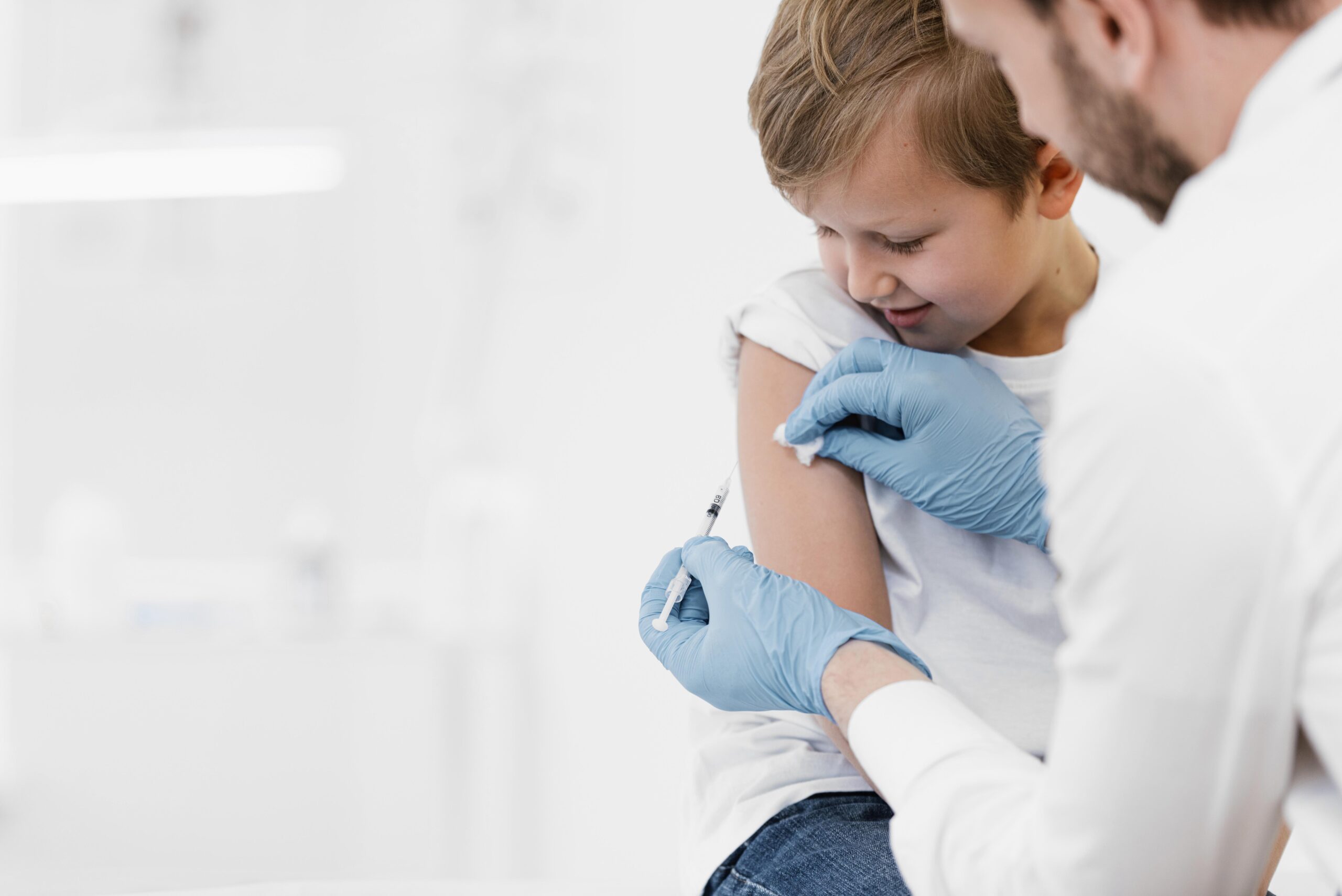
Complications of chickenpox include:
Having chickenpox leaves you with permanent immunity. The varicella virus remains latent and can become active to cause shingles. Shingles occur mainly in older people or when a person is less immune and is manifested by skin lesions along areas of innervation of an affected nerve, characterized by severe pain. It most often occurs on the skin of the chest or face and is usually localized on one side of the body.
Although the symptoms are similar, Chickenpox in adults is usually more severe than in children. In adults, there is a higher incidence of complications from chickenpox, such as inflammation of the meninges, joints, kidneys, liver, or heart muscle. The disease in adults is relatively rare because most get it and acquire permanent immunity in childhood.
Getting chickenpox during pregnancy is risky for the woman and the fetus. If the disease occurs up to the 20th week of pregnancy, there is a risk of developing congenital varicella syndrome. Fortunately, with chickenpox infection after 20 weeks of pregnancy, the risk of developing this syndrome is low.
A fetal-threatening complication of chickenpox, congenital varicella syndrome![]() , is characterized by the following symptoms:
, is characterized by the following symptoms:
Chickenpox during pregnancy in the perinatal period is often associated with the occurrence of this disease in the newborn.
The greatest risk is when a mom is ill from 48 hours prior to childbirth to five days after![]() . Chickenpox is particularly hazardous during this period due to the fact that the mother does not have enough time to create and pass antibodies to protect the baby. Because the baby's immune system isn't completely formed, they have no protection against the virus. Immunoglobulins (antibodies) must be administered to the newborn without delay, as the virus can result in serious illness.
. Chickenpox is particularly hazardous during this period due to the fact that the mother does not have enough time to create and pass antibodies to protect the baby. Because the baby's immune system isn't completely formed, they have no protection against the virus. Immunoglobulins (antibodies) must be administered to the newborn without delay, as the virus can result in serious illness.
If you experience any signs pointing to chickenpox, it is essential to call your doctor. This disease is highly contagious, so make sure to alert the staff at the clinic so they can take appropriate precautions when you pay your visit.
It is essential to keep in touch with the doctor and know the complications that threaten the patient. The doctor decides about the need to use an antiviral drug and the possible need for hospitalization.
If you are pregnant and have been in contact with a child with chicken pox from 48 hours before the appearance of the rash until the skin lesions have dried on – contact your doctor. Chickenpox during pregnancy is a threat to the woman and the child, so if you are not vaccinated and have not had chickenpox in the past, you must receive immunoglobulins within 96 hours of contact with the patient. They are not dangerous for the fetus and protect the pregnant women against the severe course of the disease. You can develop chickenpox up to three weeks after contacting someone with the disease.
Table of Contents
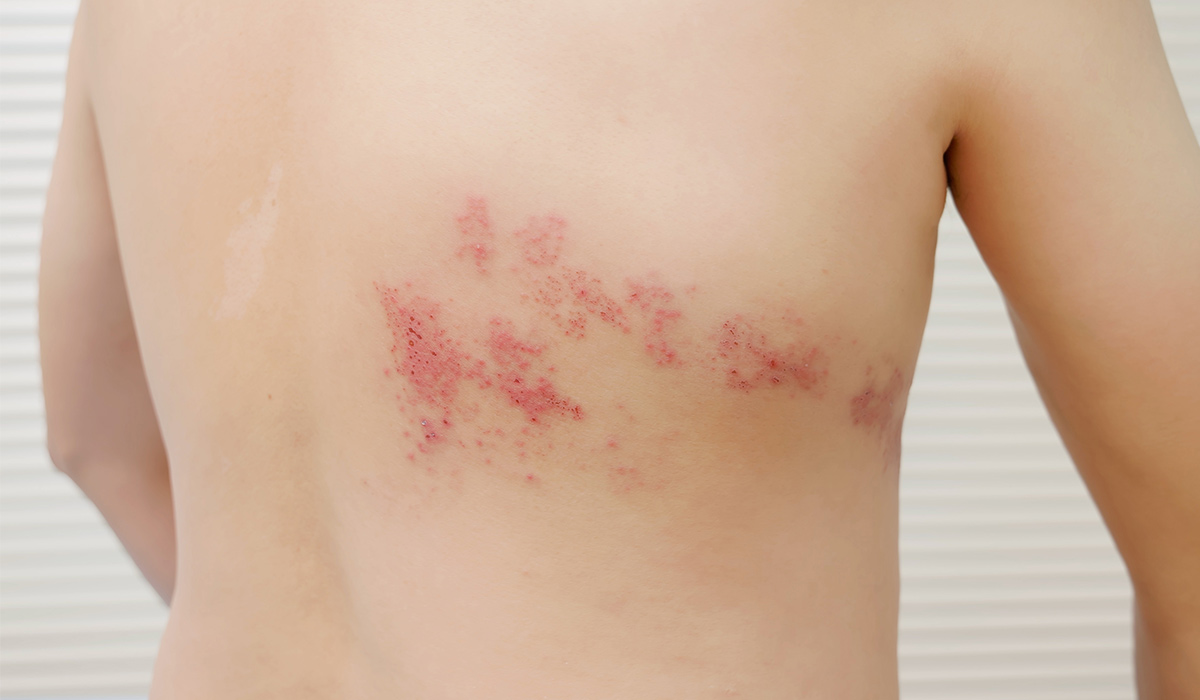
Shingles is a viral infection caused by the varicella-zoster virus that also causes chickenpox. Its other names are herpes zoster… read more »
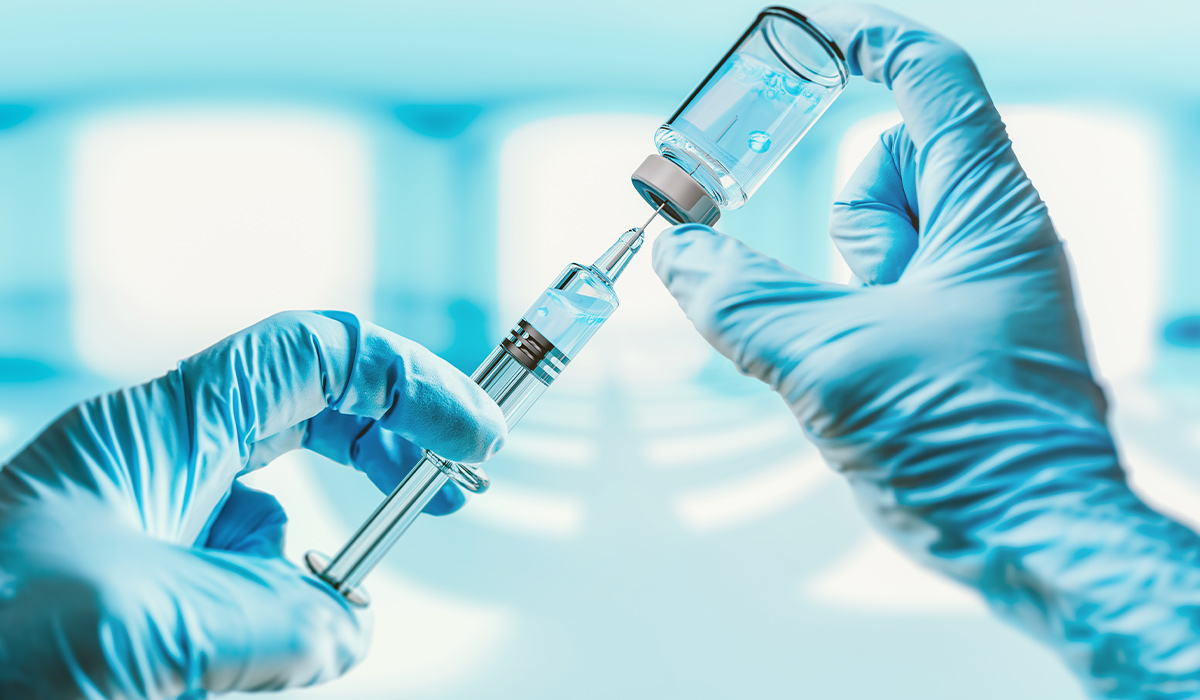
The vaccine imitates a natural infection and leads to the development of immunity similar to that obtained during the first… read more »
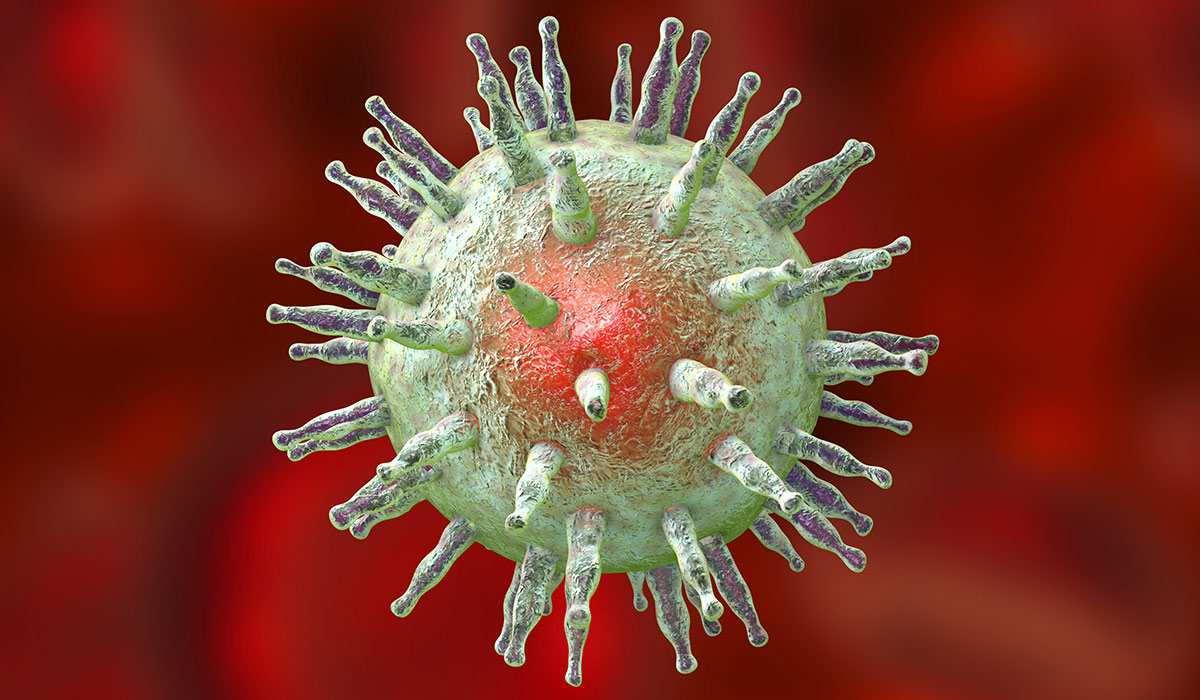
Epstein Barr Virus is a pathogen that causes infectious mononucleosis and many other diseases. Learn about the risks associated with… read more »
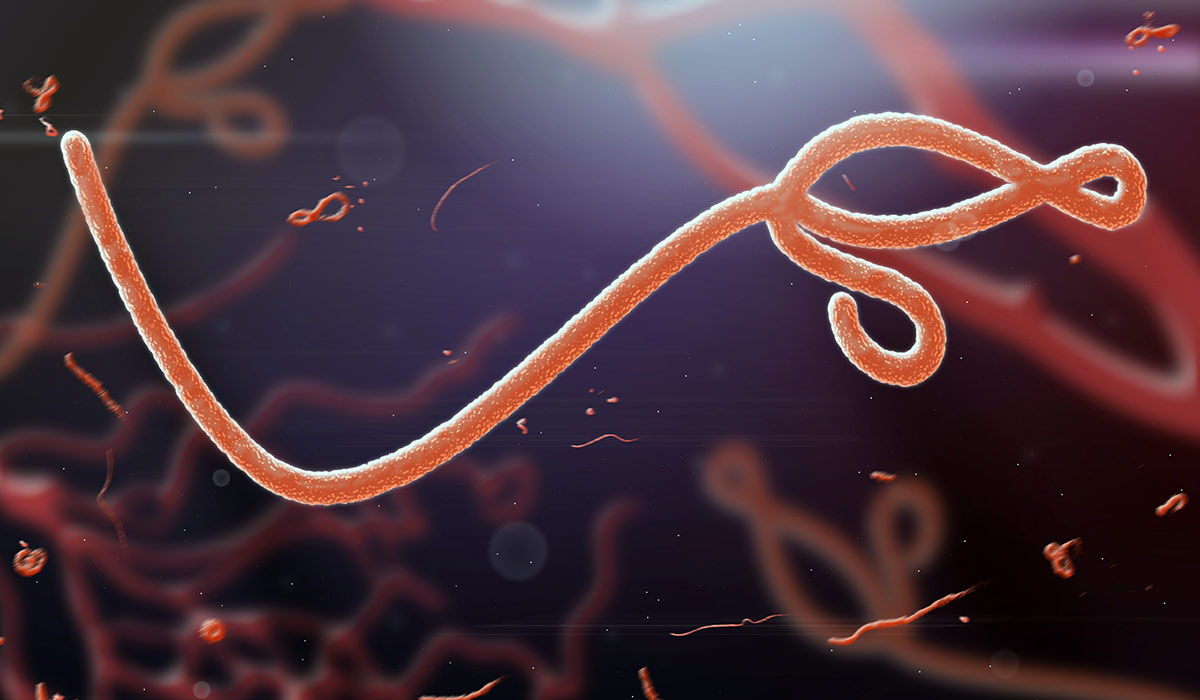
The Ebola virus continues to pose a threat to those living in Africa. Learn about the risks associated with Ebola… read more »

Herpes is a viral infectious disease that most often affects the lip area. Herpes virus infections are common. What does… read more »
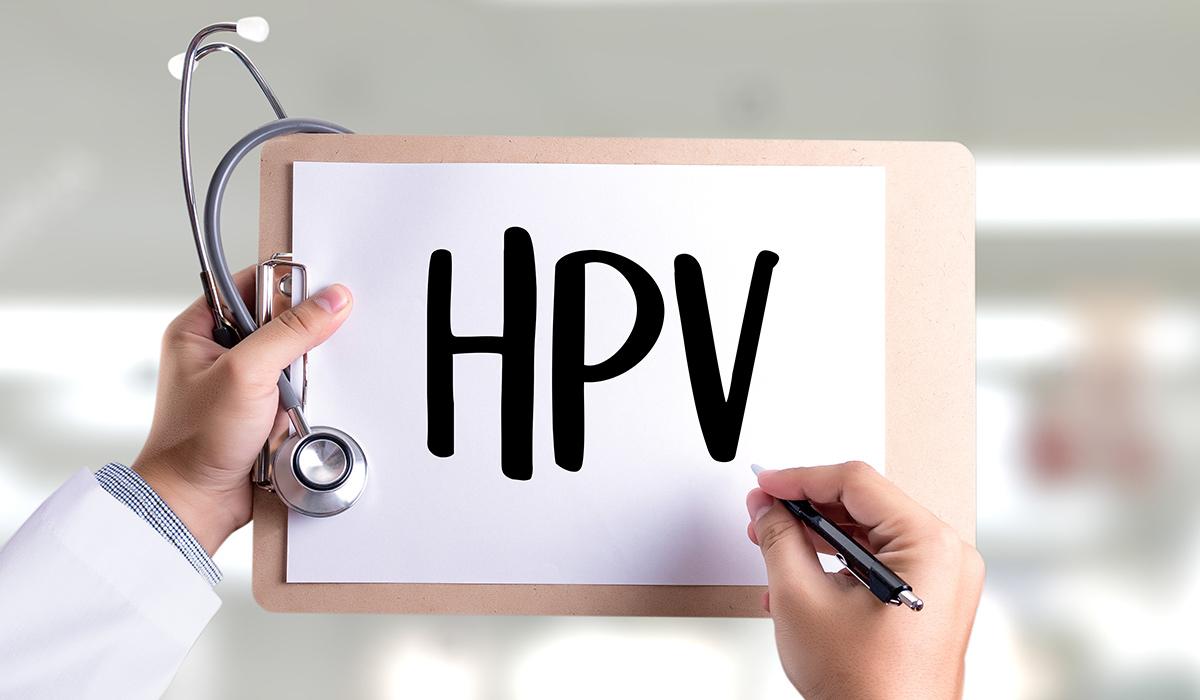
HPV (human papillomavirus) is a pathogen that can cause many different conditions, depending on its subtype. What are the symptoms… read more »
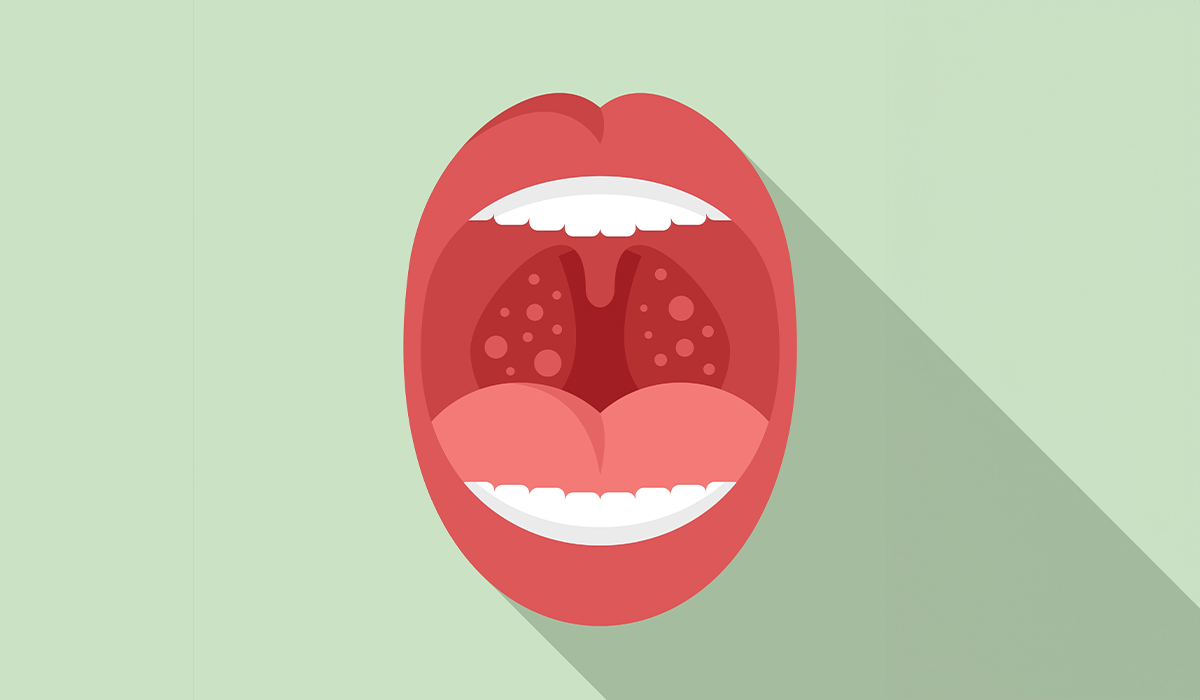
Herpangina or herpetic pharyngitis is usually caused by viruses. Read about how to recognize the symptoms. Learn about treatment methods. read more »

Encephalitis is a medical term doctors use to describe inflammation of the brain tissue. In this condition, the inflammation is… read more »
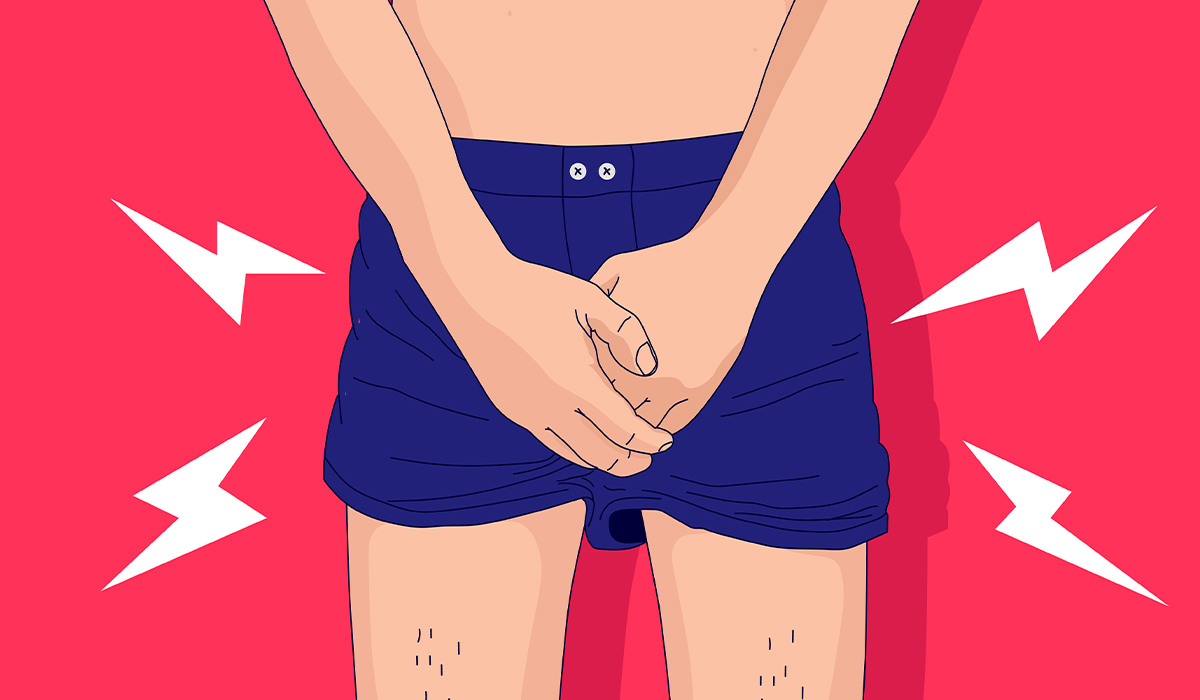
Genital herpes is a disease caused by the HSV herpes virus. What symptoms does it give? Check what treatment and… read more »